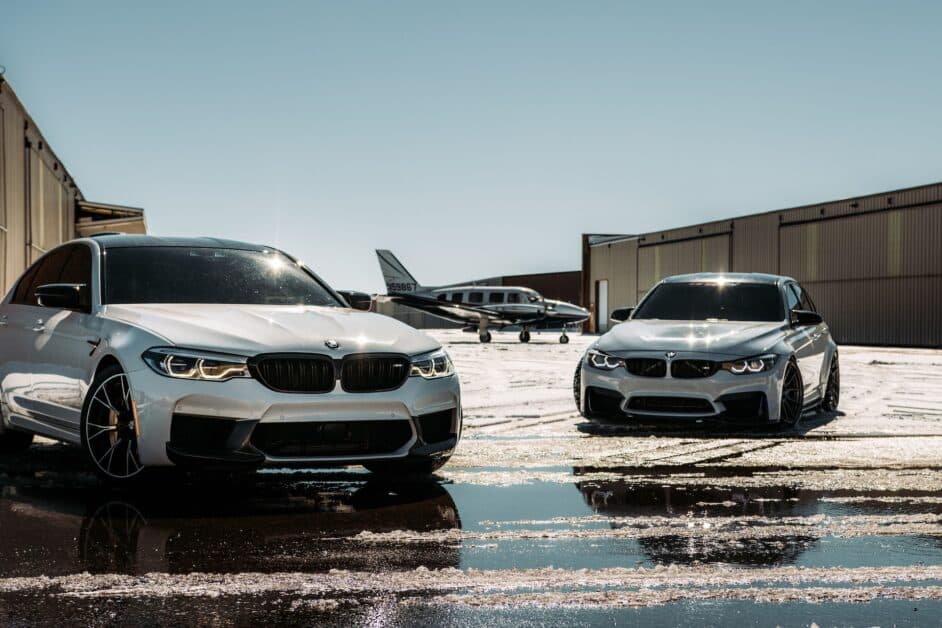
Bayerische Motoren Werke AG, commonly known as BMW, is a flagship of German engineering. Founded in 1916 as an aircraft engine manufacturer, BMW has evolved into a leading producer of luxury vehicles and motorcycles. Headquartered in Munich, Bavaria, the brand is celebrated for its innovation, design, and engineering prowess.
Company History and Evolution
BMW’s origins trace back to Otto Flugmaschinenfabrik, established by Gustav Otto in 1910. The company later became Bayerische Flugzeugwerke AG and ultimately evolved into BMW in 1922. BMW’s first product was the BMW IIIa aircraft engine in 1917. Post World War I, the company diversified into motorcycles with the BMW R 32 in 1923, and automobiles in 1928 with the acquisition of Fahrzeugfabrik Eisenach.
Expansion and Diversification
Through the 1930s, BMW expanded its product line to include sports cars and luxury vehicles. Post World War II, BMW faced challenges, including factory bombings and a ban on motor vehicle production. The company bounced back by manufacturing household items, bicycles, and later resuming motorcycle production in 1948. The BMW 501 luxury saloon in 1952 marked BMW’s return to car production.
Financial Turbulence and Recovery
The late 1950s brought financial struggles, almost leading to a takeover by Daimler-Benz. The investment by Herbert and Harald Quandt in 1959 saved BMW from bankruptcy. The introduction of the BMW 700 and the New Class compact sedans helped BMW establish itself as a manufacturer of sport-oriented cars.
Model Range Expansion
The 1970s saw the introduction of iconic series like the 5 Series, 3 Series, and the 7 Series, alongside the high-performance BMW M division. BMW’s acquisition of the Rover Group in 1994, and later the rights to Rolls-Royce in 1998, expanded its brand portfolio, which also includes Mini.
Technological Innovations
BMW has been a pioneer in automotive technology. It introduced turbocharged engines in the 1970s and ventured into electric vehicles with the BMW i3 in 2013. BMW’s shift to front-wheel drive began with the 2014 BMW 2 Series Active Tourer.
Recent Developments
Despite a sales decline in 2020 due to the COVID-19 pandemic, BMW saw a demand increase in the latter part of the year. In 2022, BMW announced “The Final V12” edition of the M760Li xDrive, marking the end of its V12 era. Collaborations with Toyota on hydrogen fuel cell technology reflect BMW’s commitment to future mobility solutions.
Brand Identity and Logo
BMW’s logo, representing the Bavarian state colors, has become an iconic symbol in the automotive world. The logo underwent a significant redesign in 2020, aligning with modern branding trends. BMW’s slogan, “The Ultimate Driving Machine”, encapsulates its focus on driving pleasure and performance.
Global Footprint
BMW’s production network spans across several countries including Germany, the US, China, and more, reflecting its global presence. The Quandt family remains a significant shareholder, contributing to BMW’s stability and growth.
Motorsports and Cultural Engagement
BMW’s rich motorsport history includes successes in touring cars, sports cars, and the Isle of Man TT. The BMW Art Car project, collaborations with artists, and architectural ventures like the BMW Museum and BMW Welt in Munich, showcase its commitment to the arts and culture.
Commitment to Sustainability
BMW’s ongoing efforts towards sustainable mobility are evident in its electric and hybrid vehicle lineup. The BMW i sub-brand and collaboration with Toyota for hydrogen fuel cell technology underscore its dedication to green technologies.
Future Outlook
BMW continues to innovate in automotive technology, with a focus on electric mobility, sustainability, and autonomous driving. With its strong brand, diverse model range, and commitment to innovation, BMW is poised to remain a leader in the automotive industry for years
